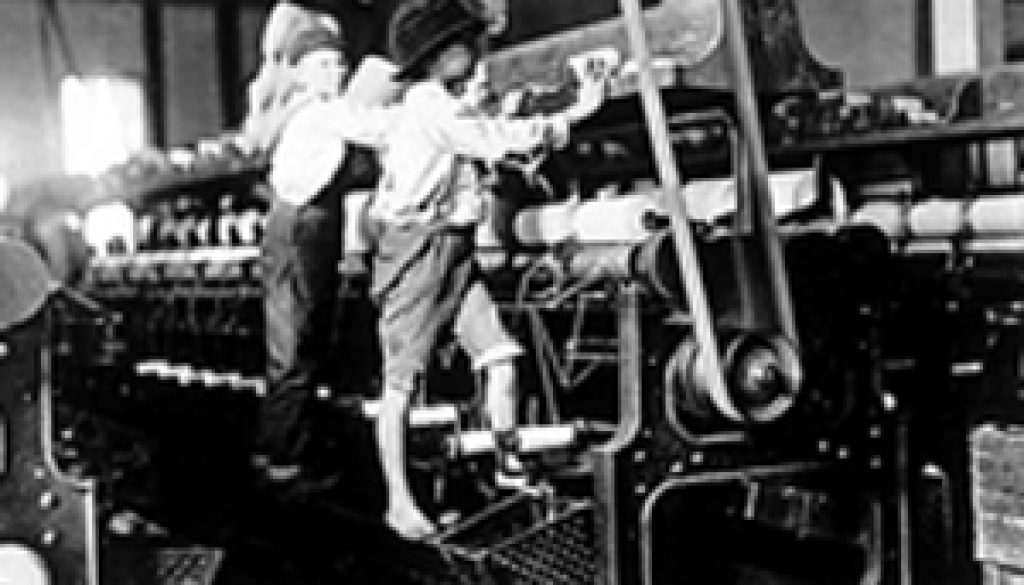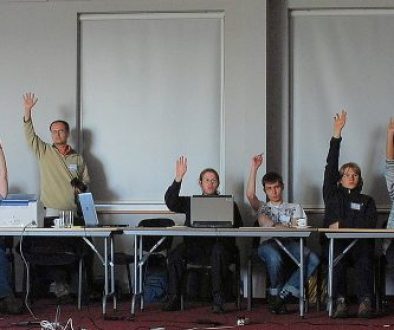Like it or not, child labor is sometimes the best option

For most of human history–and sadly in many parts of the world today–the alternative to child labor is starvation.
Prior to taking a job in a factory, a young person in an under-developed nation was not exactly spending their time playing with friends or staring into the clouds. Far more likely, their new factory job is far less demanding than their former toiling in fields or scavenging for food.
Yes, the thought of young people struggling in such conditions is absolutely heartbreaking. However when the alternative is preventing them from bettering their situations in even the slightest, can we feel morally justified in taking away their only option to improve their lot in life?




September 29, 2018 @ 4:18 am
This is a tough pill to swallow. If someone was given the choice between starve or not starve, I’m certain they would chose to not starve. It is difficult to imagine children working but it is harder to imagine children starving to death.
September 29, 2018 @ 4:38 am
Admittedly so. The reality of life is that there are a great deal of extremely unpleasant circumstances, and the question we must face is whether the actions we take actually help, or are merely intended to signal how virtuous we are.
Larke Rose used the example of a person trading sex for rent. Yes, it’s far from optimal, but in desparate situations, individuals are forced to make tough decisions. One thing is for certain: me or some form of authority forcibly preventing the sex for rent transaction from occurring helps absolutely no one, and deprives the person of what is clearly their best option for housing.
September 29, 2018 @ 4:48 am
Agreed. These are hard situations.
October 3, 2018 @ 5:31 pm
Let’s get to the heart of the issue with a simple question: if a starving child is standing in line for work, and you could either close the factory door in front of them or leave it open, which would you do?
October 19, 2018 @ 11:22 am
For much of the undeveloped and developing world the factory represents a complete disruption to the traditional, agrarian way of life. The river that was damned to power it or polluted as a result of it undermines a population’s ability to provide for themselves as they have for centuries. True, one should always be afforded the opportunity to stay alive, but i believe it is even more important to explore the initial contributing factors that led to this form of exploitation
October 19, 2018 @ 11:53 am
This is a very true point about the effects of pollution as a result of government-sponsored corporatism.
In the case you described, it’s clear that the river being dammed or polluted is a direct violation of property rights. Unfortunately governments in these developing nations commandeer land from private use, sell the rights to companies to utilize it, and allow it to become barren and polluted. This is exactly how deforestation in the third world occurs. Contrast this to private property use, in which the land is far more likely to be carefully stewarded.
It’s also important to note that not all factories are responsible for waterway pollution, and in all of the cases where pollution is not a mitigating factor, the conundrum still exists: is there any reason, other than for the sake of virtue-signalling, that anyone should stand in the way of a child or any individual choosing to better their own circumstance?